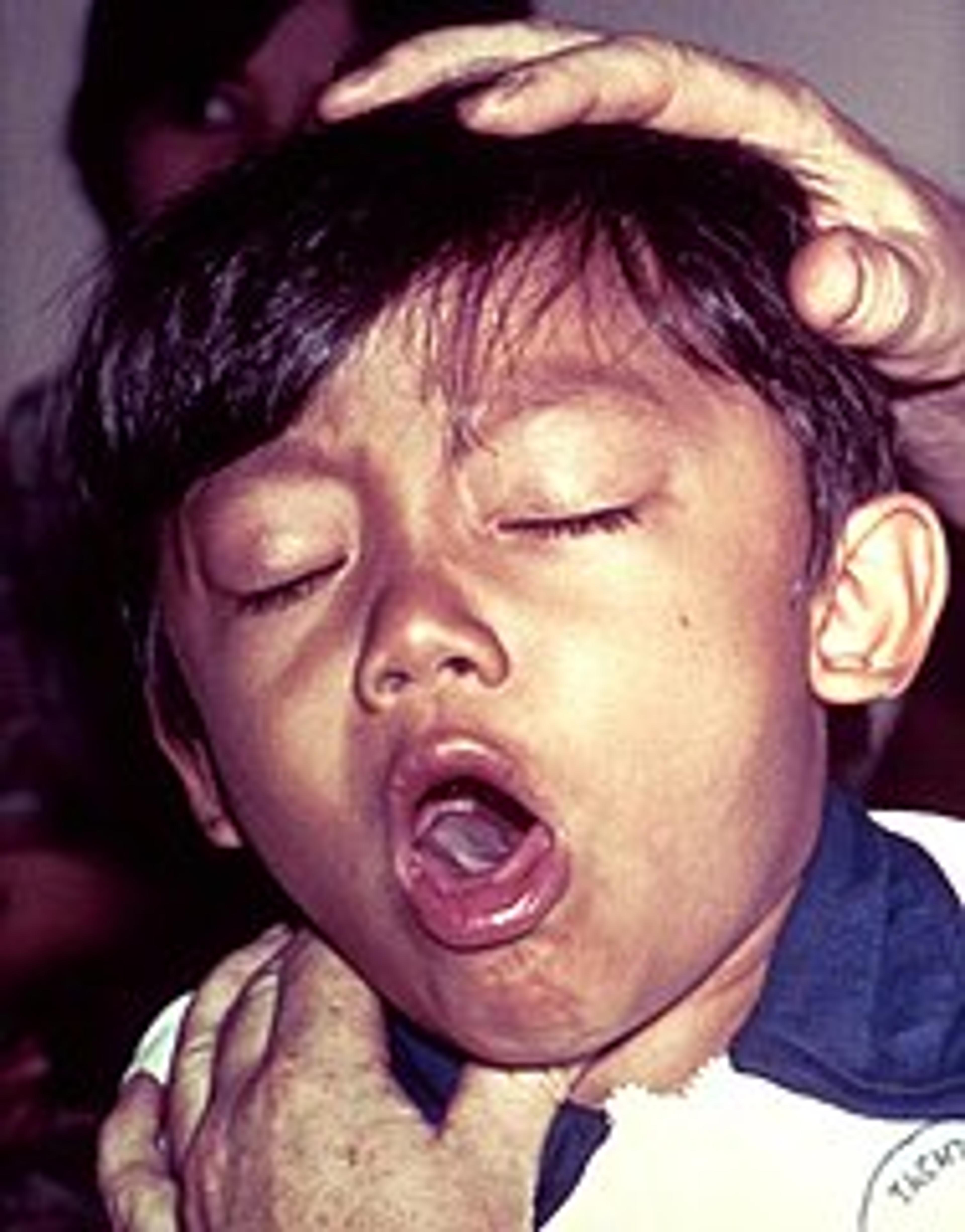Vac Facts – DTaP and Tdap: Key in fighting rising whooping cough rates
Lara Abramov
| 3 min read

One of the goals of AHealthierMichigan.org is to improve the quality of life for Michigan residents by providing health and wellness information that is relevant and important. That’s why, over the next few months, we’ll be sharing information on vaccines. This new series, entitled “Vac Facts” will focus on each of the immunizations recommended in our Guidelines to Good Health.
You may have seen one of the many public service announcements around pertussis, the disease commonly known as whooping cough. According to the Centers for Disease Control, more than 41,000 cases of pertussis were reported to the CDC in 2012 and nearly 20 pertussis-related deaths occurred during that same time.
What is Pertussis and what can happen if your baby contracts this disease? Read on for more eye-opening information.
What is Pertussis?
- Pertussis is an extremely contagious respiratory illness.
- It is caused by a bacteria called Bordetella pertussis.
- These bacteria attach to the cilia (tiny, hair-like extensions) that line part of the upper respiratory system.
- The bacteria release toxins, which damage the cilia and cause swelling.
- Click here to learn what pertussis sounds like.
How is it transmitted?
- Pertussis is usually spread by coughing or sneezing while in close contact with others.
- Many infants who get pertussis are infected by older siblings, parents or others who may think they have a cold.
Resembling a normal cold, early pertussis symptoms can last for 1 to 2 weeks and usually include:
- Runny nose
- Low-grade fever (generally minimal throughout the course of the disease)
- Mild, occasional cough
- Apnea — a pause in breathing (in infants)
After two weeks, more severe symptoms appear:
- Rapid coughing fits followed by a high-pitched “whoop”
- Vomiting
- Exhaustion after coughing fits
- Can cause serious and possibly life-threatening complications in infants and young children, especially those who are not fully vaccinated.
- About half the babies one year old and younger who get pertussis are hospitalized.Of the babies hospitalized:
– 1 in 4 (23%) get pneumonia
– 1 or 2 in 100 (1.6%) will have violent and uncontrolled shaking
– Two thirds (67%) will have slowed or stopped breathing
– 1 in 300 (0.4%) will develop encephalopathy, a disease of the brain
– 1 or 2 in 100 (1.6%) will die
Pertussis is diagnosed by:
- Examining the history of typical signs & symptoms
- A physical exam
- A blood test
Antibiotics are key in treating pertussis. Seeking treatment early is important too.
- Vaccinations are the best way to prevent pertussis.
- The DTaP vaccine is recommended for children and infants and protects against diphtheria, tetanus and pertussis.
- DTaP protects most kids for at least five years.
- Stay away from those who have pertussis.
Protection from diphtheria, tetanus and pertussis lessens over time. That’s why it’s important to get a booster. If you have a preteen, teen or are an adult, the Tdap booster can help ward of pertussis.
Please visit the CDC website for more information.
Photo credit: Wikipedia Commons





